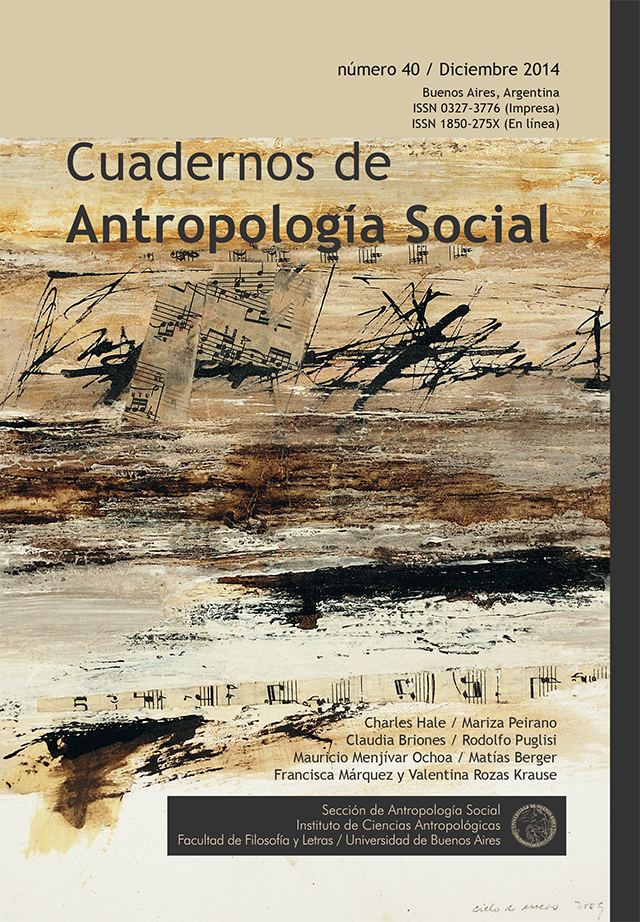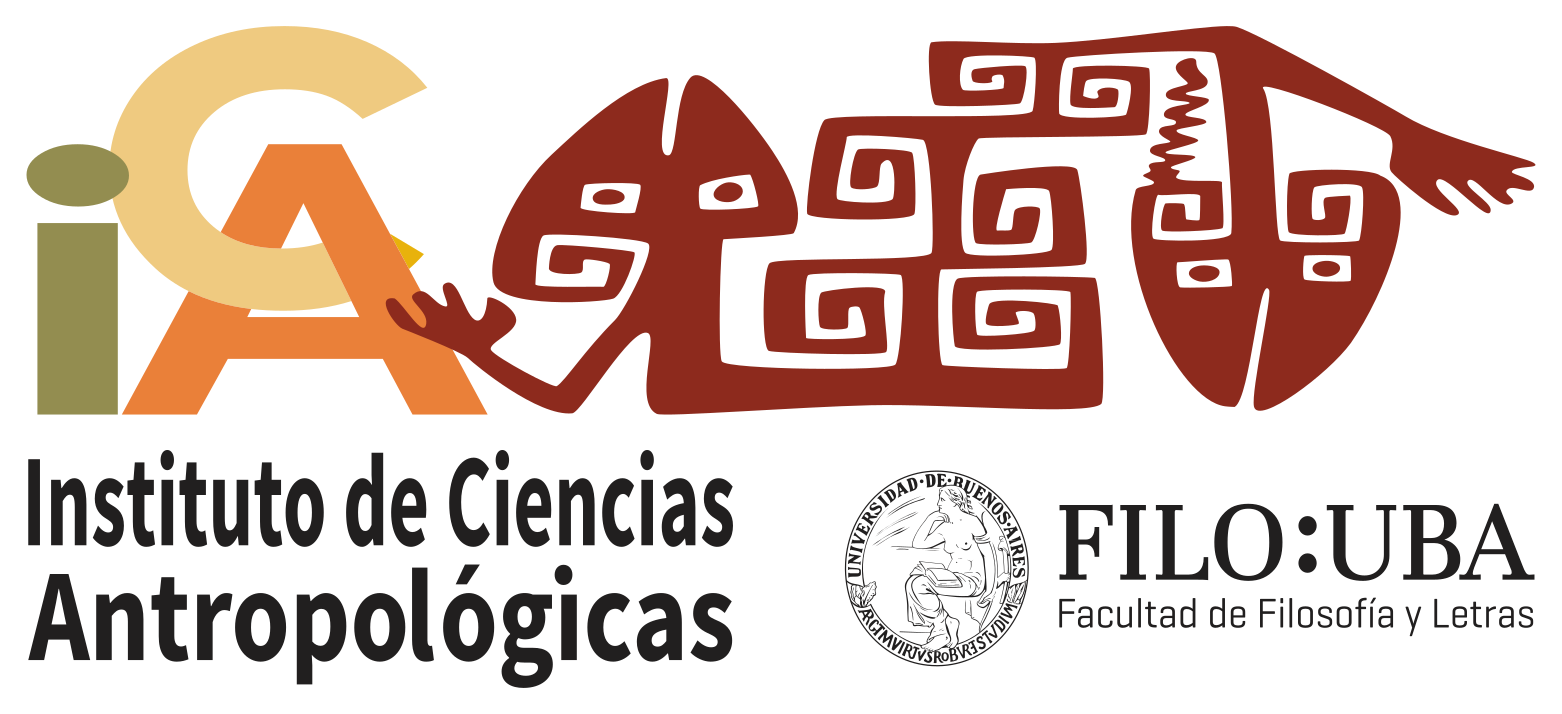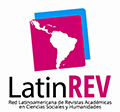The indigenous Bribri in anthropological vision of naturalistic scientists: Costa Rica in the late nineteenth century
Abstract
This article explores the anthropological understanding of the Bribris, an indigenous group of Costa Rica, developed toward the end of the nineteenth century by three founders of Costa Rican anthropology: the naturalist scientists William Gabb, Henry Pittier and Carl Bovallius. The paper addresses these authors’ contact with the Bribris, analyzing how they formed “anthropological questions” about otherness. It suggests that the national and international 19th century scientific context endowed these naturalists with authority. With this authorization, albeit the existence of nuanced perspectives regarding the Bribris among them, they shaped the Bribris as exotic and inferior, as if they were a declining uncivilized people whose territory should be opened up to non-indigenous waves of colonization.Downloads

Esta obra está bajo una Licencia Creative Commons Atribución 4.0 Internacional
Cuadernos de Antropología Social sostiene su compromiso con las políticas de Acceso Abierto a la información científica, al considerar que tanto las publicaciones científicas como las investigaciones financiadas con fondos públicos deben circular en Internet en forma libre, gratuita y sin restricciones.
Los contenidos y opiniones expresadas en los artículos publicados son de entera responsabilidad de sus autores.
Los autores/as que publiquen en esta revista aceptan las siguientes condiciones:
- Los autores/as conservan los derechos de autor y ceden a la revista el derecho de la primera publicación, bajo la licencia de atribución de Creative Commons, que permite a terceros utilizar lo publicado siempre que mencionen la autoría del trabajo y a la primera publicación en esta revista.
- Los autores/as pueden realizar otros acuerdos contractuales independientes y adicionales para la distribución no exclusiva de la versión del artículo publicado en esta revista (p. ej., incluirlo en un repositorio institucional o publicarlo en un libro) siempre que indiquen claramente que el trabajo se publicó por primera vez en esta revista.















